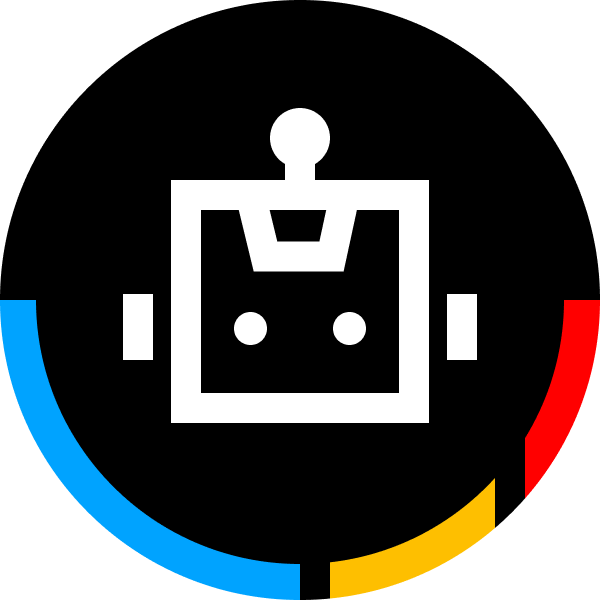Goldman Sachs: Generative AI May Drive Global GDP Growth by 7%
Goldman Sachs Research Department expects that global GDP will grow by an average of 7% per year in the next 10 years (equivalent to nearly $7 trillion), and the annual growth rate of US labor productivity is expected to increase by 1.5 percentage points.
Source: Goldman Sachs
Goldman Sachs' recent research report pointed out that the breakthrough of generative artificial intelligence technology may bring huge changes to the global economy. With more advanced productivity tools based on natural language processing being adopted by enterprises and society, Goldman Sachs' research department expects that the global annual GDP is expected to increase by 7% (about nearly $7 trillion) in the next 10 years, and the annual growth rate of US labor productivity is expected to increase by 1.5 percentage points.
"Although there are still many uncertainties about the potential of generative AI, it can generate content that is extremely similar to human original content and break the communication barrier between humans and machines, which may have a huge impact on the macro economy," Goldman Sachs economists Joseph Briggs and Devesh Kodnani said in the report.
The new wave of AI may also have a significant impact on the global job market: "The business process changes caused by these technological advances may affect 300 million full-time jobs through AI automation," Briggs and Kodnani wrote.
By analyzing more than 900 professions, Goldman Sachs economists predict that about two-thirds of professions in the United States will be affected by artificial intelligence automation to some extent. They also predict that in the affected professions, about one-quarter to half of the jobs may be replaced by artificial intelligence. However, the report states that not all automated jobs mean layoffs. "Although artificial intelligence may have a significant impact on the labor market, most jobs and industries will only be partially affected - artificial intelligence will assist humans rather than replace them," Goldman Sachs economists said.
In addition, the report also pointed out that the unemployment caused by automation in history has been supplemented by newly created jobs, and the new professions created by technological innovation have become the main driving force for long-term employment growth. For example, previous information technology innovations have spawned new professions such as web designers, software development engineers, and digital marketing specialists, which not only directly increase total income, but also indirectly drive the demand for related talents in service industries such as healthcare, education, and food.
The Goldman Sachs research report also cited a recent study by David Autor, a famous economist at the Massachusetts Institute of Technology. The study found that 60% of professions today did not exist in 1940, and pointed out that more than 85% of employment growth in the past 80 years came from new positions created by technological innovation, further supporting the view of Goldman Sachs economists that labor replaced by AI will be re-employed or appointed to new professions due to technological innovation or popularization. Meanwhile, another report from Goldman Sachs Research suggests that the development of artificial intelligence will have a profound impact on the global enterprise software, healthcare, and financial services industries. Following the disruption of traditional social operations by internet, mobile, and cloud computing technologies, well-known tech giants are poised to launch self-generated AI tools, potentially ushering in a new wave of innovation in the enterprise software industry.
Kash Rangan, a senior US software industry analyst at Goldman Sachs Research, said in a team report that "generative AI can simplify business workflows, automate many routine tasks, and give rise to a new generation of business applications." The technology has entered the commercial application stage and is improving the daily efficiency of knowledge workers, such as helping scientists develop drugs faster and accelerating software code development for engineers.
Software companies are also using generative AI technology to strengthen their product lineups. The report cites examples of SaaS companies using AI technology to explore business opportunities, such as upselling and cross-selling, improving customer retention, and expanding their customer base. The report suggests that there are many ways for enterprises to use generative AI to promote growth, including: 1) releasing new products and applications; 2) charging additional fees for products that incorporate AI technology; and 3) gradually raising prices as AI technology enhances existing product features and customers recognize their value. Finally, Goldman Sachs Research predicts that the potential total size of the generative AI software market is $150 billion, while the potential total size of the global software market is $685 billion.
They also believe that more types of enterprises will benefit from the continued development of generative AI tools and their integration with existing software and technology platforms, ranging from improving office efficiency and sales operations to designing building and production components, to improving disease diagnosis or identifying online fraud.
Although there are still many variables as to how generative AI will impact the world economy and society, and it depends on its popularity, the above analysis predicts that AI will have a profound impact.

